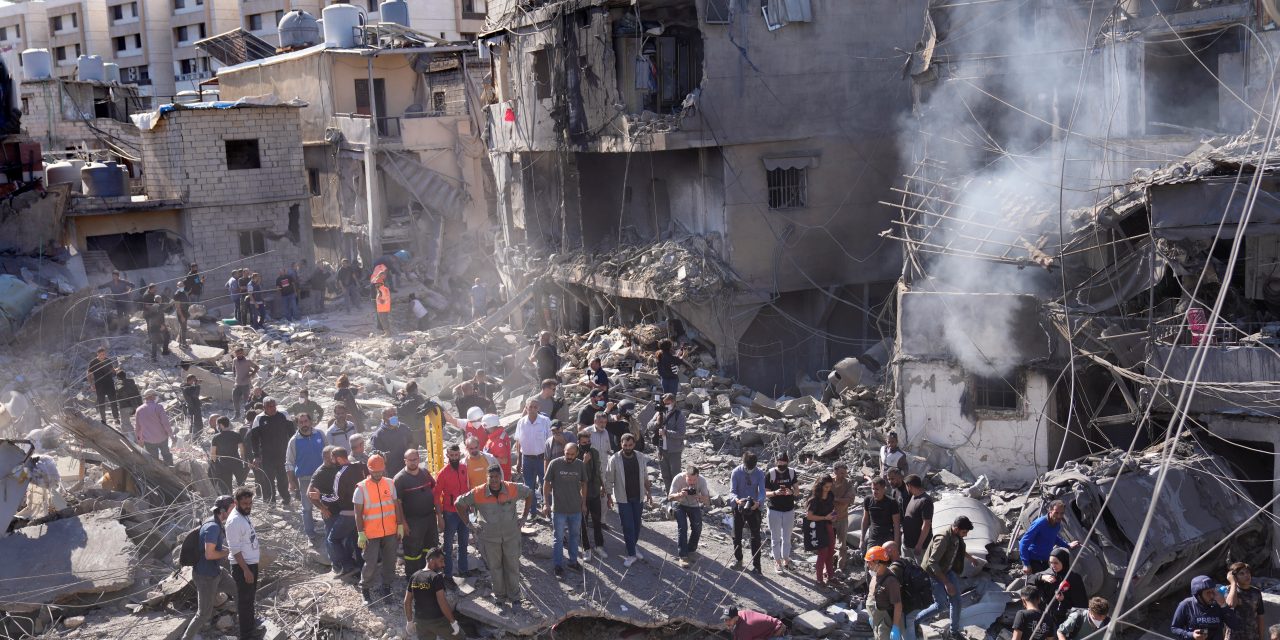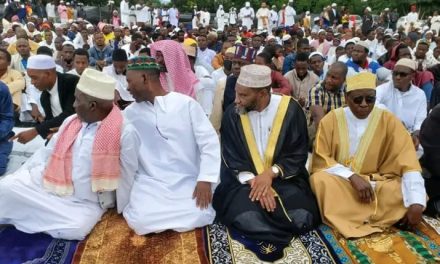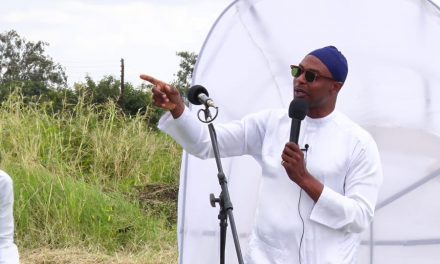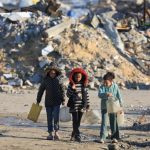
Palestinian Blood on Our Hands: Enough is Enough!

Prepared by Abdullah Bamusi Nankumba
As the Israel-Palestine conflict spirals into its second year, we are forced to confront a heart-breaking reality that weighs heavily on the conscience of humanity: 42,718 Palestinians have been killed since hostilities reignited on October 7th, 2023. This staggering number, which includes over 5,000 innocent children, and wounded 99,800 – although the numbers are likely to be far higher with thousands of victims buried underneath the rubble, this highlights a humanitarian catastrophe that we can no longer ignore. The relentless bombardment of Gaza has turned homes into ruins, dreams into ashes, and families into mere shadows of their former selves.
The Heart-breaking Human Cost
The situation in Gaza has devolved into a profound tragedy. According to the United Nations Office for the Coordination of Humanitarian Affairs (OCHA), ninety per cent of Gaza’s current population of 2.1 million people has been displaced and are in desperate need of assistance, grappling for basic necessities such as food, clean water, and medical care. Hospitals, schools, and homes have become targets, leaving civilians in a state of perpetual fear and suffering. Israeli military operations, while cloaked in claims of targeting militants, have wrought horrific civilian casualties, raising serious moral questions about the legitimacy of such violence.
In a recent interview, a Palestinian mother lamented, “Every day, I pray for my children’s safety. But how can I protect them when bombs are falling from the sky?” Her heart-wrenching words echo the sentiments of countless parents in Gaza, who are watching their children suffer in a world devoid of safety and security. These stories serve as a sobering reminder of our collective humanity and the urgent need for compassion and action.
The Broader Implications of Conflict
The conflict has intensified with the involvement of Iran and Hezbollah, dramatically altering the dynamics of regional politics. In recent weeks, the deaths of two prominent Hezbollah leaders at the hands of Israeli airstrikes signal a perilous escalation. While these assassinations may momentarily weaken Hezbollah, they also risk igniting a broader confrontation that could engulf the entire Middle East.
This escalating violence does not just threaten regional stability; it endangers global peace. As tensions mount, the possibility of a wider conflict involving other nations looms ever closer. The Arab world, still grappling with the aftermath of past wars and divisions, is now facing the potential of deeper entanglement in a conflict that threatens the lives and livelihoods of millions.
Voices of Resilience and Resistance
In these dire circumstances, the resilience of the Palestinian people shines as a beacon of hope. Their unwavering spirit in the face of overwhelming adversity stands testament to their courage. “We are not just statistics. We are human beings with dreams and aspirations,” a young Palestinian activist told Al Jazeera. This urgent plea serves as a powerful reminder that behind every number lies a life, a story, and a family longing for peace.
The courage displayed by Palestinians, from nonviolent protests to grassroots organizing, embodies the values of steadfastness (sumud) and resistance deeply rooted in their culture and history. In the face of oppression, they assert their right to self-determination and dignity, compelling the world to take notice of their plight.
A Moral Obligation: The Islamic Perspective
For Muslims worldwide, the suffering of the Palestinian people transcends political discourse; it strikes at the very core of our moral and spiritual obligations. The anguish of Palestinians resonates in the hearts of millions, as it symbolizes a broader struggle for justice and dignity. The historical significance of the land and the ongoing aggression against its people invoke a profound sense of responsibility among Muslims to advocate for their brothers and sisters in faith.
Islam teaches us the importance of standing against injustice, regardless of the circumstances. The Quran commands us to uphold justice and protect the rights of the oppressed. Surah An-Nisa (4:135) reminds us, “O you who have believed, be persistently standing firm in justice, witnesses in justice.” This imperative compels us to amplify the voices of those suffering and work towards a resolution that honours their rights and dignity.
Building Solidarity and Taking Action
As the conflict escalates, the Muslim community must unite in solidarity. This is not merely a call to support a cause; it is a moral obligation to stand with those who are oppressed. The values of compassion, justice, and mercy inherent in Islam compel us to advocate for the rights of Palestinians and elevate their voices.
Muslim leaders and organizations around the globe are mobilizing in support of the Palestinian cause. Initiatives to raise funds for humanitarian aid, organize protests, and spread awareness about the plight of Palestinians are gaining traction. Social media has become a potent tool for activism, allowing individuals to share information and stories about the situation in Gaza. This mobilization is essential in challenging narratives that seek to justify the violence and bring attention to the realities faced by the Palestinian people.
Looking Ahead: A Collective Responsibility
The international community must recognize the urgency of the situation and act decisively to end the violence. Humanitarian efforts must be prioritized to alleviate the suffering of innocent civilians, and dialogue must be initiated to seek a peaceful resolution to the conflict. The call for justice for Palestinians is not merely a political stance; it is a plea grounded in our shared humanity and moral obligation.
In conclusion, the ongoing conflict presents a profound challenge to our collective conscience. The blood of Palestinians stains the hands of those who choose to remain silent or complicit. Enough is enough. The suffering of the Palestinian people calls for our empathy, our action, and our unwavering support. Together, let us strive for a future where justice prevails, where the sanctity of life is respected, and where the voices of the oppressed are heard and honoured. Let us stand in solidarity with our brothers and sisters in Palestine as we work towards a world where peace and justice can finally take root.
































